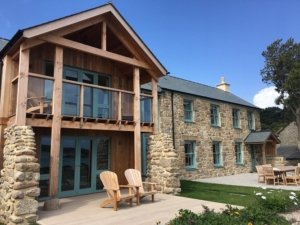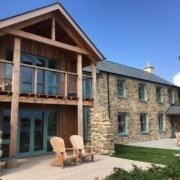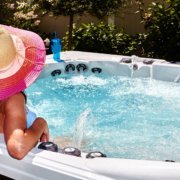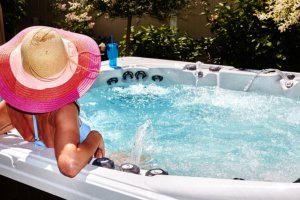 Having the right insurance cover will help you run your self-catering cottage business with confidence. As a holiday letting insurance specialist we have pulled together a few pointers to consider when insuring your cottage complex:
Having the right insurance cover will help you run your self-catering cottage business with confidence. As a holiday letting insurance specialist we have pulled together a few pointers to consider when insuring your cottage complex:
-
Don’t forget however many bookings you take, you are running a self-catering cottage business
There are a wide range of properties being made available for holiday letting. You may holiday let an annexe of your main home, a second home or apartment, a barn conversion, cottages in a complex, or even shepherd’s huts. If they are within the grounds of your home, be sure to make your home insurance provider aware. Home insurers often do not like businesses being run from the premises and you risk invalidating your cover. Seeking advice from a holiday letting insurance specialist will help you ensure you get the right cover for both the holiday cottage business and your home.
-
Make sure you have the right liability cover for holiday letting
Inviting paying guests into holiday accommodation will inevitably see the occasional slip, trip or injury. It’s vital that you have sufficient Public Liability cover and if you have a hot tub or swimming pool there is a greater risk of Legionellosis so check you also have cover for this. You may employ gardeners, maintenance and housekeeping staff for changeovers. If you do, it is a legal requirement for you to have Employers Liability insurance. Remember, even if you are directing the work of self-employed contractors or employing friends to work on your property, you’ll still need this cover.
-
Protect your income, not just your assets
Loss of income whilst a cottage is unavailable following a claim is often overlooked. Make sure your policy covers all potential bookings lost, not just pre-booked holidays. Your property may be unavailable for a sustained period in the event of a major loss such as a fire, flood or burst pipe, ensure your self-catering cottage business income is fully protected.
-
Heed guidance if you are providing facilities to your guests
Many owners provide additional facilities to help attract guests and secure increased occupancy levels. This may be outdoor play equipment, a swimming pool, sauna or hot tubs. Equally we see pets’ corners, fishing lakes and wedding venues. To protect yourself and your guests, risk assess your additional facilities, provide instruction leaflets and refer to RoSPA safety guidelines. Remember to inspect equipment regularly. Declare all facilities to your insurers and be aware that your policy may contain conditions that you need to follow.
Get the right insurance advice for your self-catering cottage business
The team here at Boshers devote their time to advising owners across the UK on insurance for their self-catering cottages. We’ve been arranging this specialist type of insurance for over 30 years. We understand that each self-catering cottage business is unique. We’ll take time to understand your needs and provide you with insurance advice and the right cover.
For additional tips and information on holiday letting visit boshers.co.uk/blog. If you would like an insurance quote for an individual holiday home or cottage or for your self-catering cottage business, give the team a call on 01237 429444.

 Boshers Ltd
Boshers Ltd
 With longer evenings and the busy
With longer evenings and the busy 
 We are pleased to announce that when our holiday homeowners next renew their specialist
We are pleased to announce that when our holiday homeowners next renew their specialist